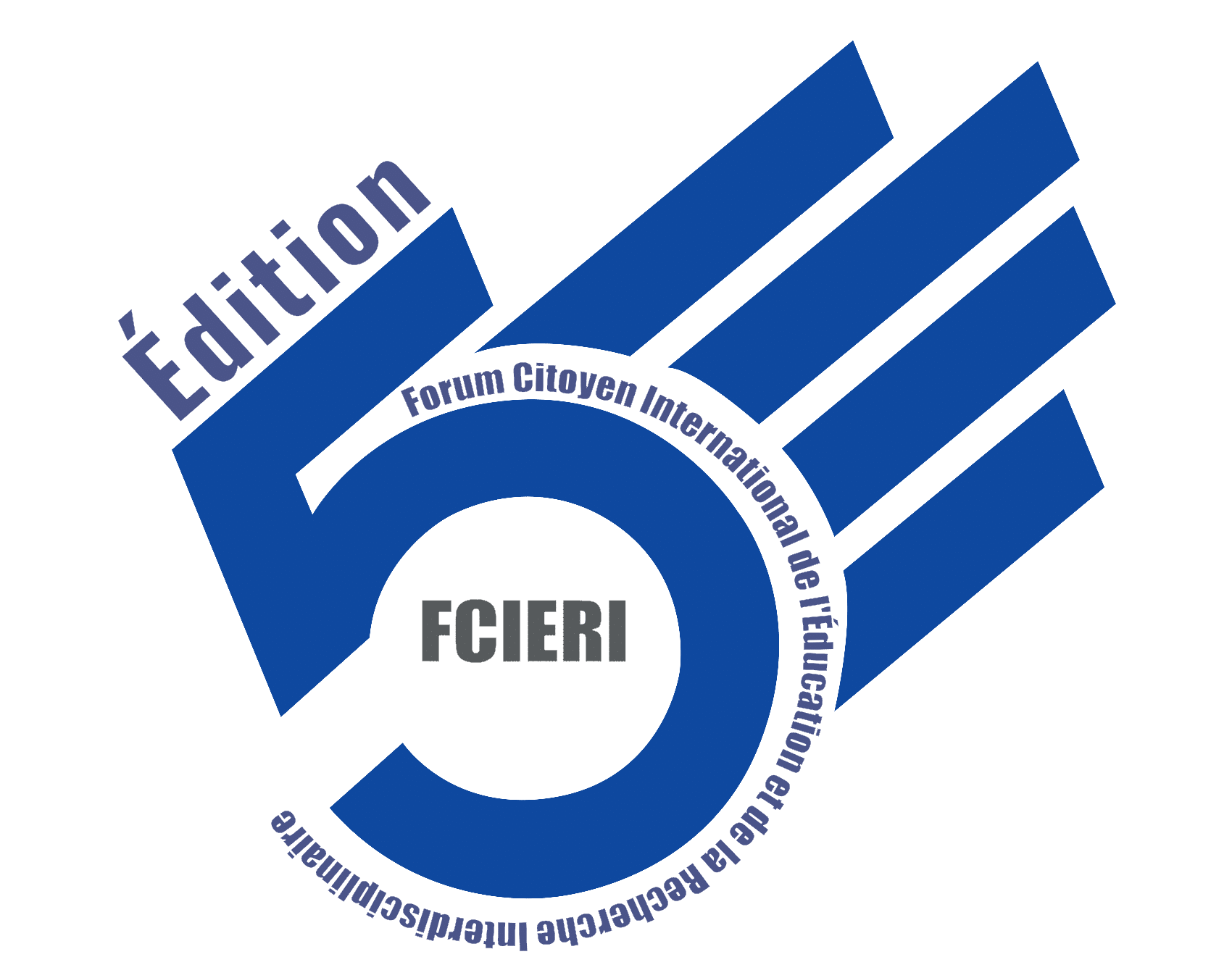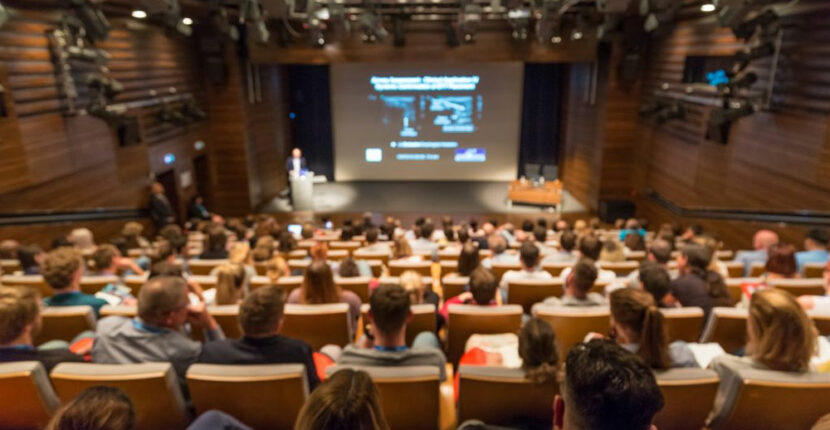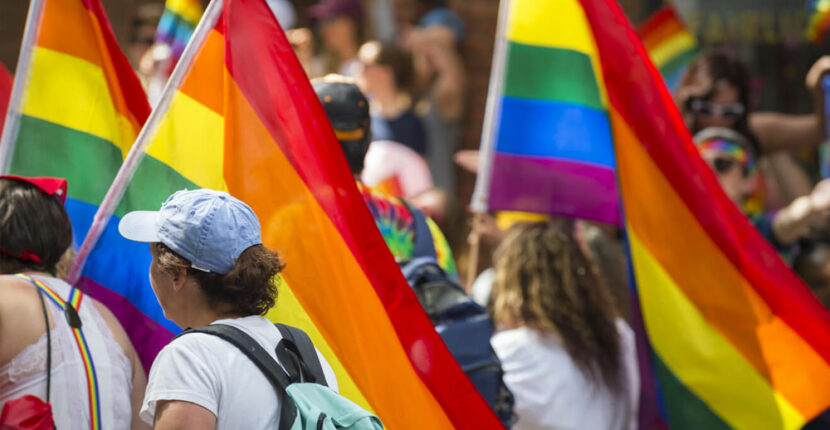Event Description. In the Gregorian calendar, the most widely used calendar system today, New Year occurs on January 1 (New Year's Day). This was also the case both in the Roman calendar (at least after about 713 BC) and in the Julian calendar that succeeded it. Other calendars…
Event Description. In the Gregorian calendar, the most widely used calendar system today, New Year occurs on January 1 (New Year's Day). This was also the case both in the Roman calendar (at least after about 713 BC) and in the Julian calendar that succeeded it. Other calendars…
Meetings are important for any business and they are regularly planned to discuss their agendas and proposals among other business issues. There are some specific companies that deal with Meeting Planning and they handle it form a professional angle. That means that in case a business is planning…
Event management is the application of project management to the creation and development of large-scale events such as festivals, conferences, ceremonies, weddings, formal parties, concerts, or conventions. It involves studying the brand, identifying its target audience, devising the event concept, and coordinating the technical aspects before actually launching…
Reunion parties mean, fun, excitement, anxiety and definitely nostalgia. It is your opportunity to meet old buddies, your own school guys/ gals' gang and even your first crush if you ever had any. Weeks before the D-day all of us make loads of preparations, plan a new look,…
Event Description. In the Gregorian calendar, the most widely used calendar system today, New Year occurs on January 1 (New Year's Day). This was also the case both in the Roman calendar (at least after about 713 BC) and in the Julian calendar that succeeded it. Other calendars…
A music festival is a community event oriented towards live performances of singing and instrument playing that is often presented with a theme such as musical genre (e.g., blues, folk, jazz, classical music), nationality, or locality of musicians, or holiday. Some festivals are focused on women’s music. They…







 Le Forum mondial sur l’éducation, tenu en mai 2015 à Incheon sous l’égide de l’UNESCO et ses partenaires, s’est conclu par la Déclaration d’Incheon pour l’Éducation 2030, un engagement historique de transformer la vie grâce à une nouvelle vision de l’éducation et à des actions courageuses et innovantes pour la réaliser. Le Cadre d’action Éducation 2030, qui établit cette nouvelle vision de l’éducation pour les 15 années à venir, a été adopté par plus de 180 états membres de l’UNESCO. Quatre ans plus tard, à la 9e Réunion mondiale de la Consultation collective des ONG pour Éducation 2030 (CCONG-Éducation 2030), qui s’est tenue en Tunisie en 2019, les organisations participantes ont affirmé que le monde est confronté à une crise éducative, causée par un manque de volonté politique, une faible priorisation de l’éducation et un financement insuffisant. De plus, elles ont constaté une tendance croissante à la commercialisation de l’éducation, ce qui contribue à creuser davantage les inégalités. Les systèmes éducatifs mondiaux ne semblaient pas respecter l’engagement pris dans le programme Éducation 2030. Le ministre de l’Éducation de la Tunisie d’alors avait, à la même occasion, souligné que la plupart des pays n’avancent pas suffisamment pour atteindre les objectifs fixés pour 2030. Il a appelé à une reconnaissance de l’importance stratégique de l’éducation pour toutes les nations et a encouragé la société civile à jouer un rôle majeur dans la mobilisation pour y parvenir.
Le Forum mondial sur l’éducation, tenu en mai 2015 à Incheon sous l’égide de l’UNESCO et ses partenaires, s’est conclu par la Déclaration d’Incheon pour l’Éducation 2030, un engagement historique de transformer la vie grâce à une nouvelle vision de l’éducation et à des actions courageuses et innovantes pour la réaliser. Le Cadre d’action Éducation 2030, qui établit cette nouvelle vision de l’éducation pour les 15 années à venir, a été adopté par plus de 180 états membres de l’UNESCO. Quatre ans plus tard, à la 9e Réunion mondiale de la Consultation collective des ONG pour Éducation 2030 (CCONG-Éducation 2030), qui s’est tenue en Tunisie en 2019, les organisations participantes ont affirmé que le monde est confronté à une crise éducative, causée par un manque de volonté politique, une faible priorisation de l’éducation et un financement insuffisant. De plus, elles ont constaté une tendance croissante à la commercialisation de l’éducation, ce qui contribue à creuser davantage les inégalités. Les systèmes éducatifs mondiaux ne semblaient pas respecter l’engagement pris dans le programme Éducation 2030. Le ministre de l’Éducation de la Tunisie d’alors avait, à la même occasion, souligné que la plupart des pays n’avancent pas suffisamment pour atteindre les objectifs fixés pour 2030. Il a appelé à une reconnaissance de l’importance stratégique de l’éducation pour toutes les nations et a encouragé la société civile à jouer un rôle majeur dans la mobilisation pour y parvenir.